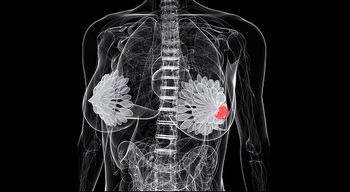
Results from a study found that child-related factors and depression in mothers with breast cancer were not related to cancer.
Ashley Chan, assistant editor for CURE®, has been with MJH Life Sciences since June 2023. She graduated with a B.A. in Communication Studies from Rowan University. Outside of work, Ashley enjoys spending time with family and friends, reading new novels by Asian American authors, and working on the manuscript of her New Adult novel.

Results from a study found that child-related factors and depression in mothers with breast cancer were not related to cancer.
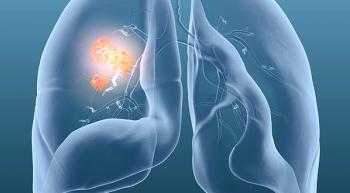
Undergoing next-generation sequencing before receiving treatment can benefit patients with lung cancer and their doctors, as one expert told CURE®.

The Food and Drug Administration approved Iwilfin for high-risk neuroblastoma in adult and pediatric patients who previously had at least a partial response to a multiagent, modality therapy.

The FDA accepted a priority review for the supplemental Biologics License Application of Opdivo with chemotherapy for untreated patients with unresectable or metastatic bladder cancer.

Researchers have found that a deeper look at proteins and cells may help explain why prostate cancer tumors often become resistant to hormone therapy.

The FDA has granted priority review for the Padcev-Keytruda combination in untreated patients with metastatic bladder cancer, according to a news release.
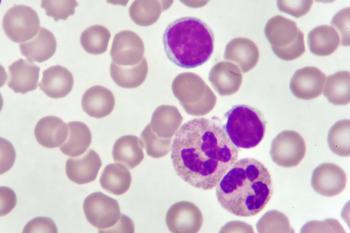
Results from a four-year follow-up of a phase 3 trial determined that the combination of Imbruvica and Venclexta provided benefits for untreated patients with CLL.

The Truqap-Faslodex treatment combination offers “more options” for some patients with HR-positive, HER2-negative breast cancer, an expert told CURE®.
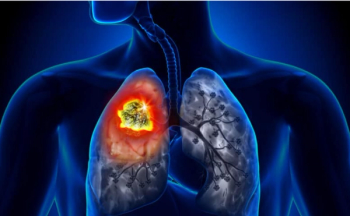
Treatment with Imfinzi for patients with advanced or metastatic NSCLC and limited physical performance status offered beneficial overall survival and maintained quality of life.

Although patient-facing AI could be more convenient in some settings, researchers delved into the ethical challenges and threats to patient dignity.

Immune checkpoint inhibitors can benefit patients in many ways, but especially with quality of life as the drugs are “very well-tolerated,” an expert said.
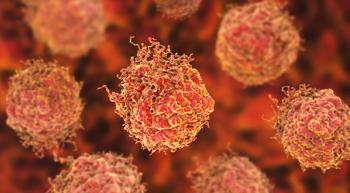
The first patient has received TLX591, an antibody-based treatment for PSMA-positive metastatic castrate-resistant prostate cancer.

The FDA granted an orphan drug designation for the novel drug, NT-17, to treat people with acute radiation syndrome.
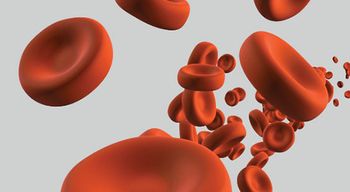
Patients undergoing allogeneic stem cell transplants could benefit from human milk-based therapy, as it may offer a healthier gut microbiome, according to research.

Receiving palliative care is important for adolescent and young adult patients, as they experience a time of identity development, an expert told CURE®.
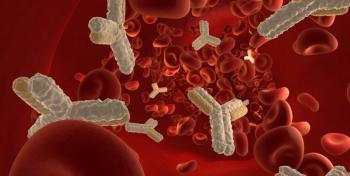
Survivors of blood and bone marrow transplants attend fewer annual check-ups, but researchers urge annual visits for life to prevent complications.

The Keytruda-Lenvima combination had promising anti-tumor activity for patients with pleural mesothelioma following disease progression after chemotherapy.

Lung cancer and pleural mesothelioma are often confused, so it’s important to understand the key differences between them, including tumor location and treatments.

The Food and Drug Administration approved Augtyro for patients with ROS1-positive metastatic non-small cell lung cancer based on a phase 1/2 trial.

Keytruda plus chemotherapy for patients with locally advanced biliary tract cancer helped increase survival for up to two more years, an expert told CURE®.

Patients with prostate cancer who receive docetaxel with standard-of-care treatment may have a reduced risk of death and an improved prognosis, according to a recent study.

A phase 3 trial found that testosterone recovery after androgen deprivation therapy leads to better quality of life following high-risk prostate cancer.

It is essential for patients who receive immune checkpoint inhibitors to actively communicate with their care teams when experiencing symptoms, an expert explained.

A first patient received samuraciclib plus Orserdu in a phase 2 trial, a treatment combination for some patients with HR-positive, HER2-negative metastatic breast cancer.
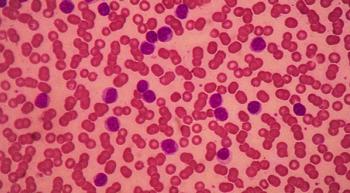
Autoimmune diseases in patients with CLL are separate from CLL, which calls for different treatments.
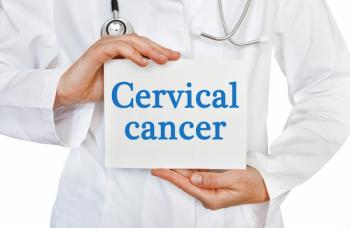
Sexual activity and vaginal dilation could make follow-up examinations more “tolerable” and “pain free” for survivors of cervical cancer after radiotherapy.

It’s key for patients with MPN-related fatigue to communicate changes they feel, especially as they “know their bodies very well,” a nurse told CURE®.

Breast cancer survivors may experience medium to high symptom burden five or more years after receiving a diagnosis, according to a recent study.

The Food and Drug Administration approved Tibsovo for patients with relapsed or refractory myelodysplastic syndromes with a susceptible isocitrate dehydrogenase-1 mutation.
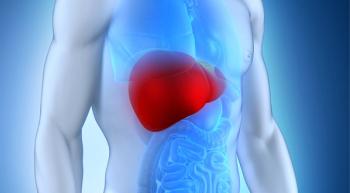
Tislelizumab demonstrated similar overall survival and safety in unresectable hepatocellular carcinoma compared with Nexavar, research found.